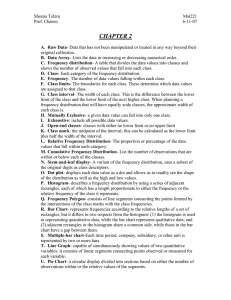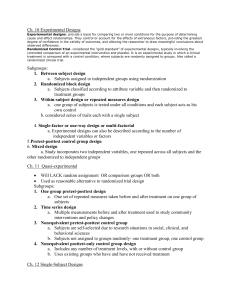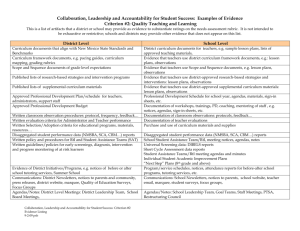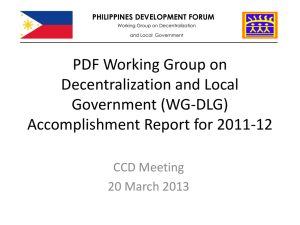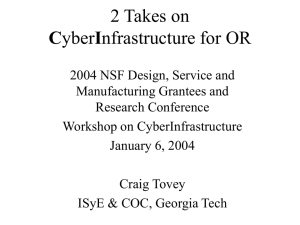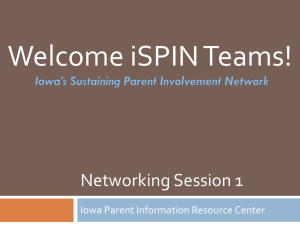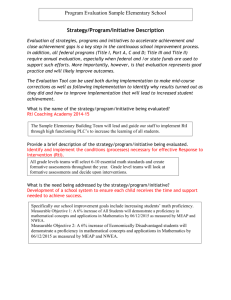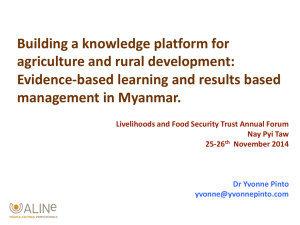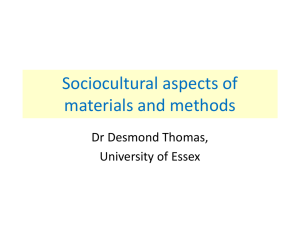Issue Definition & Agenda Setting in Education Policy
advertisement
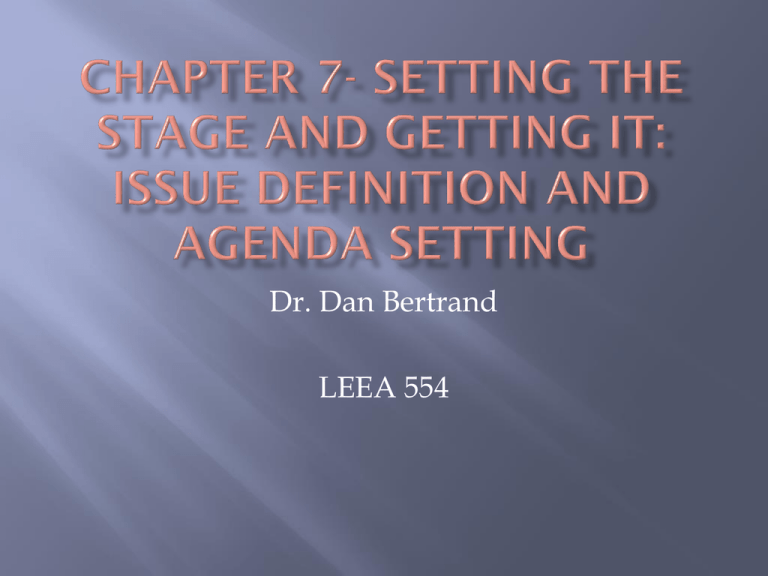
Dr. Dan Bertrand LEEA 554 How are policy issues defined? Why is the definition of an issue important? What is a policy agenda and how do policy issues get on it? How can education leaders follow and influence these stages of policy? People have a powerful desire to perceive the reality as they think they should perceive. Breaking free of a definition of reality accepted and expected by the people is extremely difficult. First two stages of a policy process: Issue Definition Agenda setting A political process that involves transforming a problem into an issue that the government can address. Distinguishing problems from policy issues. Problems render life unpleasant and inconvenient. Issues imply an interpretation of the problem, a set of values and an understanding of the proper role of government. The EPPRC members represent different political, social and economic views. Compete with each other to have their definition of the problems accepted. U.S. Dept. of Ed. Teacher’s unions Textbook publishers University professors Education associations Funded by corporations, endowments, wealthy individuals and Government. Interpretations and solutions that are obvious to one group do not occur to the other. Many fear that policies will be ruled unconstitutional. Constraints of the popular values and policy mechanisms. Basic Research- theoretical and some say the least practical. Applied Research- test theories in real life settings. Cognitive Psychologist- learning theory Evaluation Research- assesses how well a new educational policy or program is working. Integrative Research- a meta-analysis. Investigates past research studies on one topic and integrates them into a single work that seeks to describe what the research as a whole says. Ideology shapes issue definition as much as research does. Think tanks and foundations adhere to a specific ideological position. Predisposition influences how they analysis things. Ex.) Low student achievement- conservatives view it as the results of individualistic factors such as family and seek solutions based upon market or privatization. Liberals view it as a societal problem and seek solutions such as remedial programs or nutrition. Ideology also determines the type of research done and the questions that guide it. Claims-must be made about a problem to make it an issue. Evidence-descriptive material to support at least some of the important claims made about a problem. Solution-A good definition contains a realistic solution for the problem it identifies and describes. Discourse- A good definition is expressed in power language that links the issue to values, hopes, fears and aspirations. Broad appeal-A good definition is appealing to a broad audience. Definition: policy agenda is composed of those issues under serious discussions. Types of Policy Agendas Systematic- Broad issues those outside of government are discussing. Professional- issues being discussed within interest groups, education policy networks and education associations and professional educators Media- issues editors and communications industry are discussing. Public Agendas- education issues that the general public are paying attention to primarily due to the media. Government Agendas- issues the government is paying attention to. Access to agendas are competitive so most never reach the government, media or public agendas. Generally the agenda moves from professional to media to public arena Sometimes sits for a long time- i.e., school choice Public Officials and Agendas- political leaders often play a key role. Other Paths Triggering event can occur Interest groups use lobbyists to sustain pressure. Policy makers point out problems to government. Policy actors stage events to attract media attention. Issue policy attention cycle is when a policy issue suddenly becomes the center of attention on several agendas and then suddenly loses attention. Advocates must work hard to keep their ideas on the agenda. Following the Early Stages- journals of education associates, Ed. Week and the internet. Influencing the Early Stages National Issues- write letters and send emails. Challenging National Definitions- redefine and reshape the issue Influencing Agenda Setting- Be more visible and more accessible therefore easier to influence. Use power resources such as knowledge, allies and organizational effectiveness. Get the attention of the media and public policy makers. Use less dramatic techniques. Plan how to facilitate media attention REDUCING ATTENTION: -Solution would be expensive -Provide a realistic negative analysis One of the most effective things to do. Establish a program on the cutting edge. Patience and persistence are keys to success for programs that take time to get noticed. Locate the websites of the organizations listed in Figure 7.5 & 7.6 and determine their ideological orientation. News Story for Analysis- Who’s profiting from Ohio’s Charter Schools? Q.1,2,3,4.
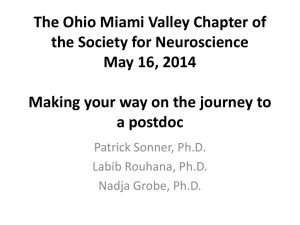
![study_design_summaries[1]. - DPT-Stats-in-PT](http://s3.studylib.net/store/data/008944321_1-58dbe27b313caaad548a0c6d42476993-300x300.png)
